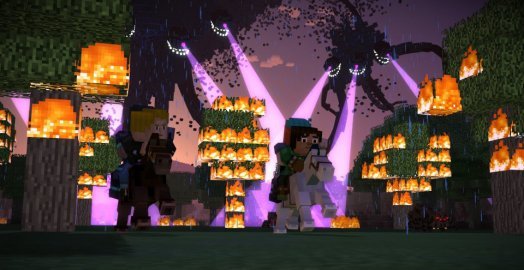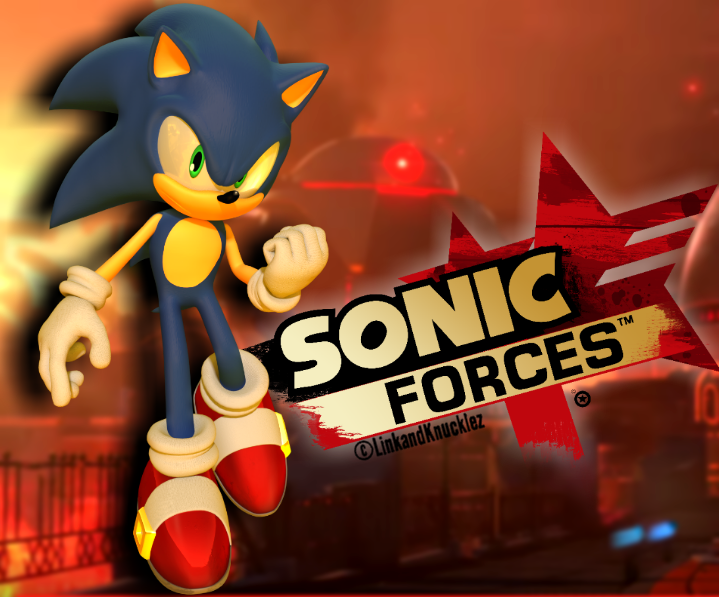When you think about modern games you often not realize that those games went through so many years of digital innovation. One of those games is Microsoft Flight Simulator.
(source,bing)
Microsoft Flight Simulator began as a set of story written by Bruce Artwick in 1976 about a 3D simulator program. When the magazine editor said that subscribers wanted to buy the program, meant that Artwick was set to work to make it and incorporated a company called Sublogic Corporation in 1977.
(graphic of games is always evolving...)
The company began dealing flight simulators for several computer platforms, including the 8080, Altair 8800, and IMSAI 8080. In 1979 Sublogic released FS1 Flight Simulator for the Apple II. In 1980, Sublogic released a interpretation for the TRS- 80, and in 1982 they certified an IBM PC interpretation with CGA plates to Microsoft, which was released as Microsoft Flight Simulator1.00 on a tone- booting fragment. In the early days of less- than- 100 IBM PC compatible systems, Flight Simulator and Lotus 1-2-3 were used as unofficial comity test software for new PC clone models.
Sublogic continued to develop for other platforms and ported Flight Simulator II to the Apple II in 1983; the Commodore 64, MSX, and Atari 800 in 1984; and to the Amiga and Atari ST in 1986. Meanwhile, Bruce Artwick left Sublogic and innovated The Bruce Artwick Organization to continue his work on posterior Microsoft releases, beginning with Microsoft Flight Simulator3.0 in 1988.
Microsoft Flight Simulator reached marketable maturity with interpretation3.1, and went on to encompass the use of 3Ds vehicles and graphic tackling acceleration. After Microsoft continued to produce newer performances of the flight simulation software, adding features, similar as new aircraft types and steer ala decor . The 2000 and 2002 performances were available in" Standard" and" Professional" editions, where the ultimate included further aircraft, tools and decor options.
(amongst many weather changing is nice addon)
The 2004 release( interpretation 9) marked the festivity of one hundred times of powered flight and had only one edition. Flight Simulator X, released in 2006, returned to binary performances with a" Standard" and a" Deluxe" edition.
The flying area encompasses earth Earth with varying degrees of detail and includes over,000 airfields. There's an ever- growing list of decor representing major milestones and popular metropolises.
(source,internet)
Landscape details come eagerless as a gameplay moves down from population centers within the flight simulator, particularly outside the United States, although a variety of websites offer decor ala add ons to remedy this.As this is a classic game, graphic never is great but is also good to point out that classic games can be found for free on sites like archive.org,etc...Jamming retro time for sure.
cubeblogstation rating: 8.3/10





.png)








































